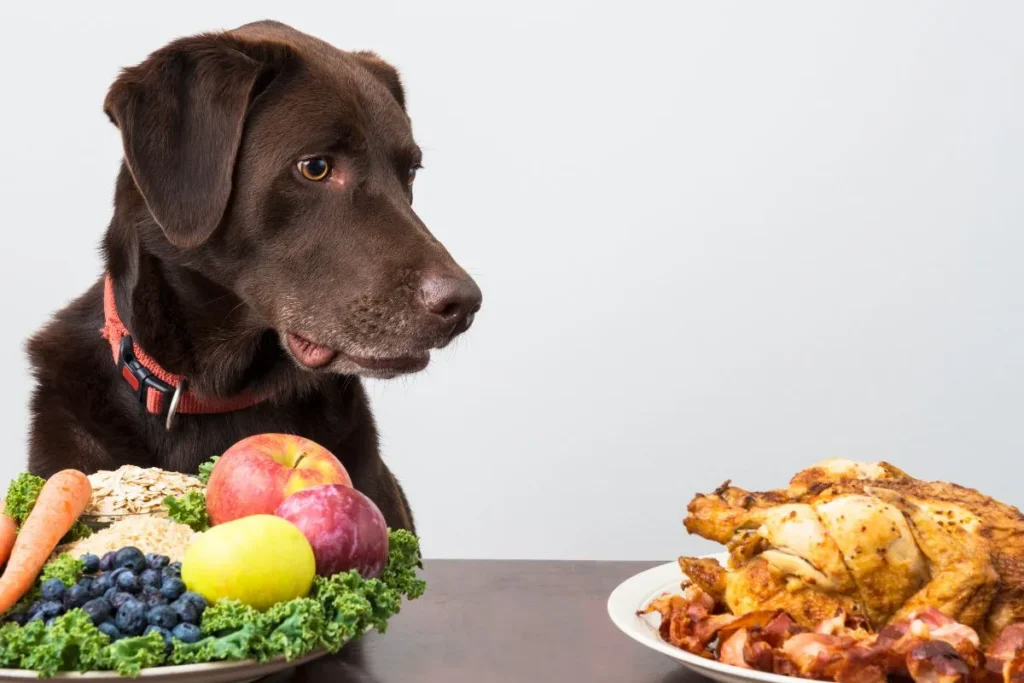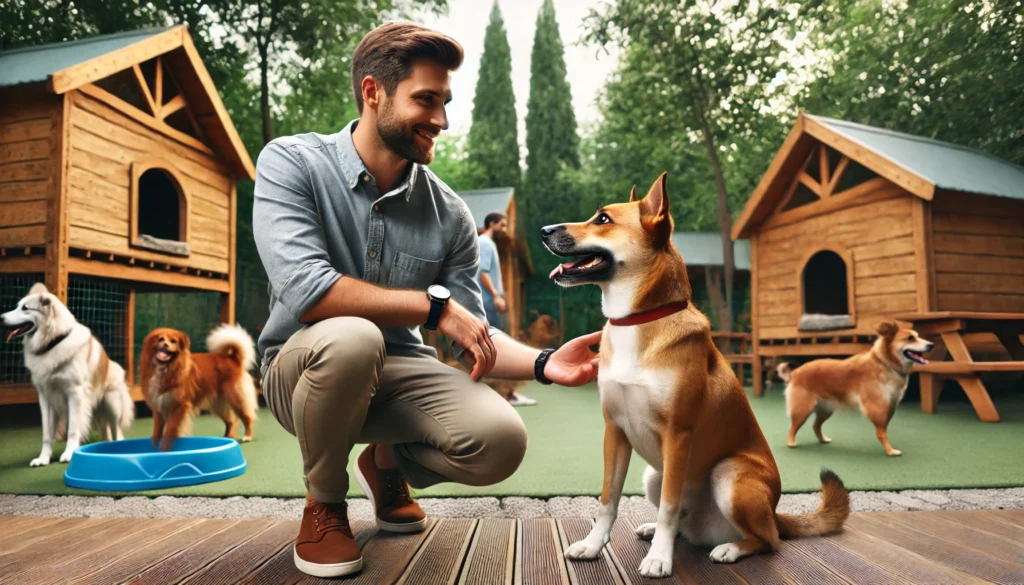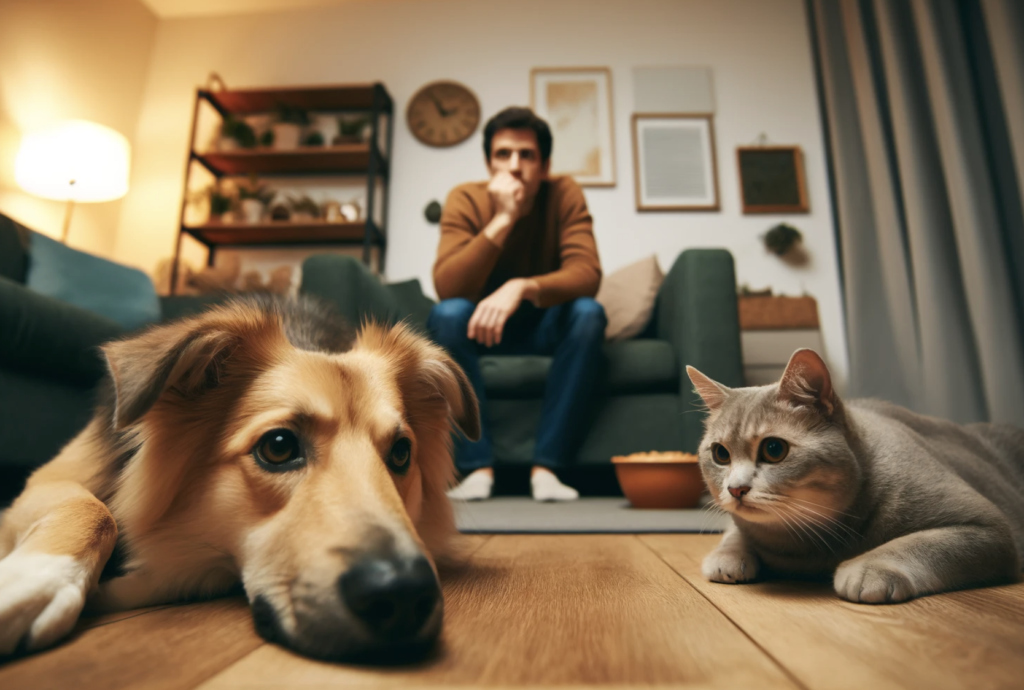10 Vital Questions for Dog Owners: Expert Care Tips

Owning a dog comes with a lot of joy and responsibility. As a dog owner, you want to provide the best care and ensure your furry friend stays happy and healthy. To help you better understand your dog and ensure you’re meeting their needs, we’ve compiled a list of important questions for dog owners. Whether you’re a first-time dog parent or a seasoned owner, these questions will help guide you in providing the best care for your pet.
1. Is My Dog Getting the Right Nutrition?
Ensuring your dog receives proper nutrition is key to maintaining their overall health. Some factors to consider include:
- Am I feeding my dog the right type of food for their breed, age, and size?
- How many meals should I be giving my dog each day?
- What human foods are suitable or unsuitable for dogs?

Check Also : Vet Approved Homemade Dog Food Recipes
2. Am I Giving My Dog Enough Exercise?
Every dog needs regular physical activity to maintain a healthy weight and mental well-being. The amount of exercise your dog requires depends on their breed, age, and health condition. Are you making sure your dog gets enough exercise to burn off energy and prevent behavioral problems?
Exercise can come in many forms:
- Walks, runs, or hikes.
- Playtime in the yard or dog park.
- Training sessions with mental and physical stimulation.
High-energy breeds like Border Collies or Labradors may need more exercise, while smaller or older dogs might require less. Regular physical activity can help reduce anxiety, prevent obesity, and improve your dog’s overall mood.

Check Also : Dog Training and Boarding Made Easy: A Step-by-Step Guide
3. How Often Should I Take My Dog to the Vet?
Regular vet visits are essential for maintaining your dog’s health. Most dogs should see a veterinarian for an annual check-up, but puppies and senior dogs may need more frequent visits. Are you up to date with vaccinations, dental care, and general health assessments? Routine vet visits help detect potential health issues early, which can improve treatment outcomes and prevent long-term complications.
During these visits, your vet can:
- Administer vaccinations and preventatives (e.g., heartworm, flea, and tick protection).
- Conduct physical exams to check for signs of illness.
- Offer advice on diet, behavior, and overall care.

Check Also : Why Regular Vet Checkups Are Crucial: Keeping Your Dog Healthy and Happy
4. Am I Grooming My Dog Correctly?
Grooming is an essential part of maintaining your dog’s health and comfort. Are you following the correct grooming routine for your dog’s coat type and breed? Some dogs require frequent brushing to prevent matting, while others may need regular baths to keep their coat clean.
Basic grooming includes:
- Brushing your dog’s coat to remove dirt, debris, and loose fur.
- Bathing your dog when needed, typically every few weeks.
- Trimming nails and cleaning ears to prevent infections.
Regular grooming also provides a chance to check for fleas, ticks, and skin issues.
5. Is My Dog Socialized Properly?
Socialization is key to preventing behavioral issues such as aggression, fear, or anxiety. Is your dog comfortable interacting with other dogs, animals, and people? Proper socialization begins at a young age but should continue throughout a dog’s life. Regular exposure to different environments, people, and pets helps build confidence and reduces stress.
Tips for socializing your dog:
- Organize playdates with other dogs.
- Take your dog to different places like parks or pet-friendly events.
- Reward calm behavior in social situations to encourage positive interactions.
If your dog displays anxiety or aggression during social interactions, you may want to consult a professional trainer or behaviorist for guidance.
6. How Can I Keep My Dog’s Mental Health in Check?
Just like humans, dogs need mental stimulation to stay happy and engaged. Are you providing enough activities to challenge your dog’s mind? Mental exercise is essential to prevent boredom, which can lead to destructive behaviors such as chewing or digging.
Ways to stimulate your dog mentally:
- Puzzle toys and treat-dispensing games.
- Training new commands or tricks.
- Interactive play sessions like hide-and-seek or fetch.
Rotating toys and activities can also keep things fresh and exciting for your dog.

See Also : Overcoming Camera Anxiety in Dogs: Tips for Stress-Free Photos
7. Is My Dog Showing Signs of Separation Anxiety?
Separation anxiety is a common issue for many dogs, especially those that are left alone for extended periods. Does your dog bark excessively, chew furniture, or have accidents in the house when you’re gone? These may be signs of separation anxiety.
Steps to reduce separation anxiety:
- Gradually increase the time your dog spends alone.
- Create a comfortable space with toys and calming aids.
- Avoid overly emotional departures or arrivals.
If separation anxiety persists, consulting with a vet or animal behaviorist can help develop a management plan.
8. What’s the Best Way to Train My Dog?
Training is crucial for a well-behaved, happy dog. Are you using positive reinforcement techniques to encourage good behavior? Consistency is key when training your dog, and rewarding desired behaviors with treats or praise can help reinforce positive actions.
Training tips:
- Start with basic commands like “sit,” “stay,” and “come.”
- Use short, consistent training sessions.
- Avoid punishment-based training, as it can lead to fear or aggression.
If you’re having difficulty with training, enrolling in a professional training class can provide additional support.
9. Do I Understand My Dog’s Body Language?
Dogs communicate primarily through body language. Are you familiar with the signals your dog is giving? Recognizing your dog’s body language can help you understand their emotional state, whether they’re feeling happy, stressed, or scared.
Common body language signs:
- A wagging tail usually indicates excitement or happiness.
- Growling or bared teeth can signal discomfort or aggression.
- A tucked tail or cowering posture often means fear or anxiety.
By learning to interpret your dog’s signals, you can respond to their needs and help them feel more secure.

Check Also : 47+ Pet Parent Tips to Ensure Ultimate Happiness
10. How Can I Ensure My Dog Lives a Long, Healthy Life?
Ultimately, every dog owner wants their pet to live a long, healthy, and happy life. Are you taking steps to ensure your dog’s longevity? Preventive care, a balanced diet, regular exercise, mental stimulation, and frequent vet visits all contribute to your dog’s overall well-being.
Long-term care tips:
- Stick to a healthy, vet-approved diet.
- Ensure regular physical and mental activity.
- Stay up to date on vaccines and health check-ups.
By addressing your dog’s physical and mental needs, you can provide them with the best chance for a healthy and fulfilling life.
Conclusion
Owning a dog is a rewarding experience, but it comes with many important responsibilities. By asking yourself these questions for dog owners, you can ensure that you are providing the best possible care for your canine companion. From proper nutrition and grooming to health checkups and training, understanding your dog’s needs will help you build a stronger bond and ensure they live a happy, healthy life.





